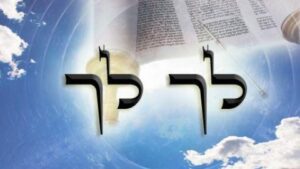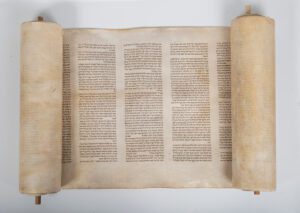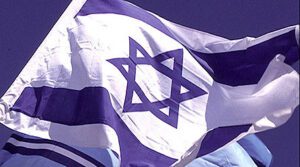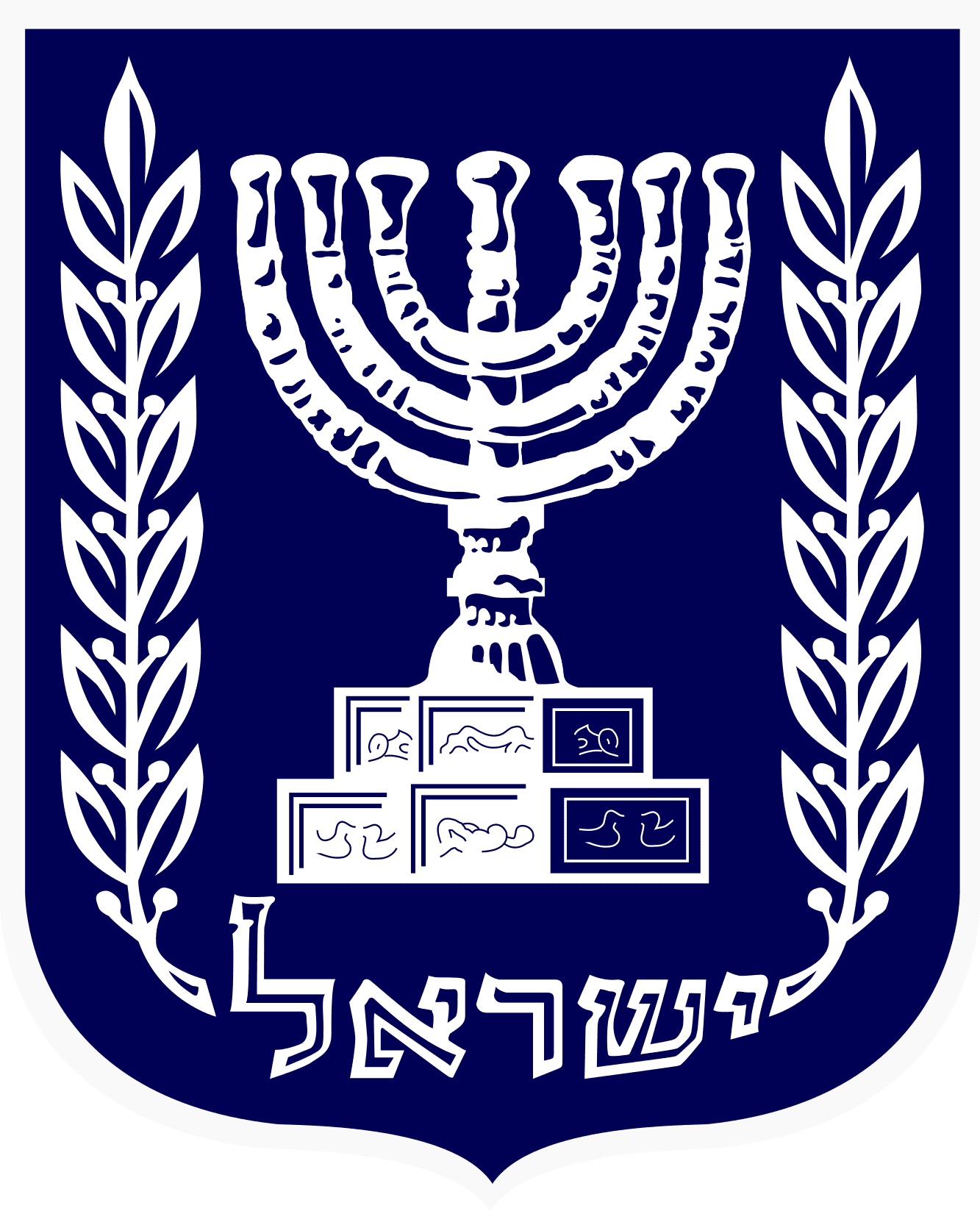The State of Israel is Holy
By Tzvi Fishman
How does the State of Israel fit into Judaism? The answer is often misunderstood due to the fact that for nearly 2000 years we were scattered over the world, without a National Homeland of our own and without a State of our own. We lived as individuals and scattered, unconnected communities. We were a minority in foreign lands. Thus the emphasis of Judaism became focused on the private precepts that we could still perform in the exile, rather on the true NATIONAL essence of Torah.
The Torah is not just a list of individual ritual precepts affecting a person’s daily life, like keeping kosher and observing Shabbat. The Torah is the NATIONAL CONSTITUTION of the Jewish Nation. Thus, the life goal of our greatest spiritual leaders, such as Moshe Rabanu, Yehoshua Ben Nun, King David, and Rabbi Akiva, was to establish and safeguard the Nationhood of Israel in Eretz Yisrael.
This National Essence of the Torah, emphasized by Rabbi Avraham Yitzhak HaKohen Kook, and by his son, Rabbi Tzvi Yehuda, who established new settlements all over the Biblical heartland of our country, became the distinguishing feature in their teachings as the Jewish Nation began to return to its Homeland during the last one-hundred years. Rabbi Tzvi Yehuda would stress that G-d created the world and apportioned the lands to the different peoples whom He created. In doing so, He created one special Holy Land and gave it to the Children of Israel. The Land of Israel is our Land. This is where G-d wants us to be. The Torah can only be truly fulfilled here, the Land of Prophecy, the Land of the Shechinah, the Land of Jerusalem and the Beit HaMikdash.

Therefore, when G-d chose Avraham to be the founder of the holy Israelite Nation, He first commanded him to go to Israel. He didn’t tell him to keep Shabbat, to keep kosher, or to put on tefillin. “Go forth to the Land,” Hashem told Avraham, promising that his offspring would become a great NATION. Certainly, everyone can understand that a nation needs its own land. Therefore, the Jewish Nation and the Jewish Land go hand in hand.
When G-d leads the Children of Israel out of Egypt, He commands Moshe to bring them to the Land of Israel. In preparation for beginning their new life as an independent Nation, Moshe gives the Jews a review of the Torah, the Book of Devarim, known as the “Mishna Torah.” Moshe begins by recounting everything that has happened until then, and then he explains the Torah with his own unique illumination, as it says, “Moshe began to explain this Torah.” What is the first thing that Moshe tells them?
“The L-rd our G-d spoke to us in Horev, saying, ‘You have dwelt long enough in this mountain. Turn and take up your journey! Go and possess the Land!” (Devarim, 1:6-8).
Thus Rav Tzvi Yehuda Kook reminded his students that living in the Land of Israel and establishing an independent Jewish State was the foundation for the entire Torah:
“It is well known that the Torah giant, the Ramban, established a fundamental halachic ruling that living in the Land of Israel and conquering the Land are commandments of the Torah which apply in every age (Supplement to the Sefer HaMitzvot of the Rambam, Positive Command #4). Among the supporting Torah verses he cites is the verse, ‘Rise up and possess the Land.’ The Ramban emphasizes that this is a command. In contrast to this, the rejection of the precept is a rebellion against Hashem, as the Torah itself states: ‘And when the L-rd sent you from Kadesh Barnea saying, Go up and possess the Land which I gave you, and you rebelled against the L-rd your G-d, and you did not believe in me, and did not listen to My voice,’ (Devarim, 9:3). The Jews who followed the evil advice of the Spies didn’t listen to Hashem to conquer and settle the Land. Settling the Land is a mitzvah, and the opposite is a rebellion against Hashem.”

The Torah is eternal. The Torah doesn’t change. The commandments in the Torah do not depend on who happens to be the Prime Minister of Israel at the time, the size of his kippah, or on how many religious politicians sit in the Knesset. What was true in the time of Moshe is true for us today. For 2000 years, we didn’t have the physical possibility of re-establishing the Nation in Israel, so we were prevented from doing the mitzvah, but the moment the opportunity returned with the establishment of the State of Israel, then the commandment to live in Israel and rebuild the Nation returned in all of its force. We have merited to witness the incredible Divine blessing which has transformed the tiny Jewish State, in a short span of seventy years, into one of the most powerful and advanced countries in the world, with more yeshivas, heders, Talmud Torahs, ulpanot, mikvahs, synagogues, and Torah scholars than everywhere else put together, making the State of Israel the biggest supporter of Torah in the world.
Medinat Yisrael is holy. It is the holy vessel which Hashem has given us to carry out the Torah commandment to establish Jewish sovereignty over the Land of Israel and to not abandon it to other nations, as clearly delineated by the Ramban. Sovereignty is accomplished through the establishment of a State to rule over a land. This all-encompassing Torah mitzvah has been accomplished in our time by the establishment of the State of Israel – a commandment which is not dependent of the coming of Mashiach, may it be soon. Just as the Jews returned to Israel in the time of Ezra without the Mashiach leading the way, in our time also, the Almighty has gathered millions of exiles and rebuilt the Nation in Zion without the Mashiach’s aid. The establishment of the State of Israel is how He has brought the beginnings of our modern-day Redemption to pass, giving Jews of all persuasions a chance to participate in the mitzvah.

In the Laws of Hanukah, the Rambam declares that we celebrate the holiday of Hanukah because Jewish sovereignty over Eretz Yisrael was returned to the Jews for over two hundred years. We celebrate the Hanukah even though most of the Hashmonite rulers that followed the Maccabees were corrupt and estranged from the Torah. In the same light, the Second Temple was considered holy, even though Herod slaughtered all of the rabbis of his time, save one, whom he merely blinded. Jewish sovereignty is Jewish sovereignty whether the king or prime minister wears tzitzit or not. HaRav Tzvi Yehuda emphasized that even if there are ten-thousand things wrong with the Medinat Yisrael, even if there are terrifying giants in the Land, or uncircumcised Philistines, or secular Jews, it is still the holy vessel which Hashem, in His infinite kindness, has given us, to carry out the mitzvah of living here, as our own Nation, and to survive and blossom here, a wonder in the eyes of the world, in the face of enemies all around us. Our duty, he taught, was to praise Hashem for the great gift of Medinat Yisrael and to exert our powers in improving its shortcomings in order to bring it to completion as the Torah Kingdom which will lead all nations to the true knowledge and service of G-d.






